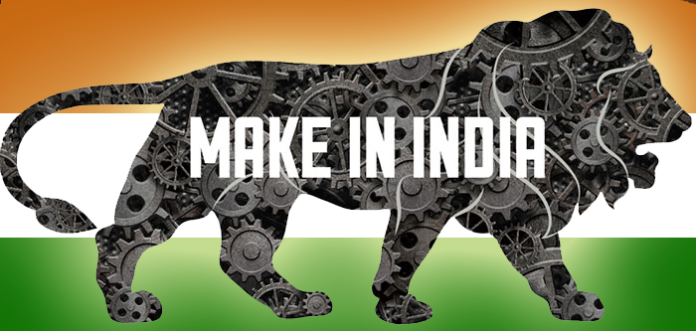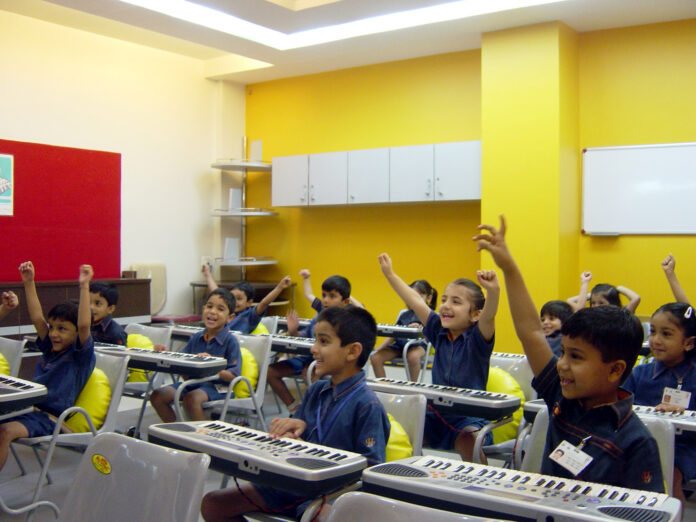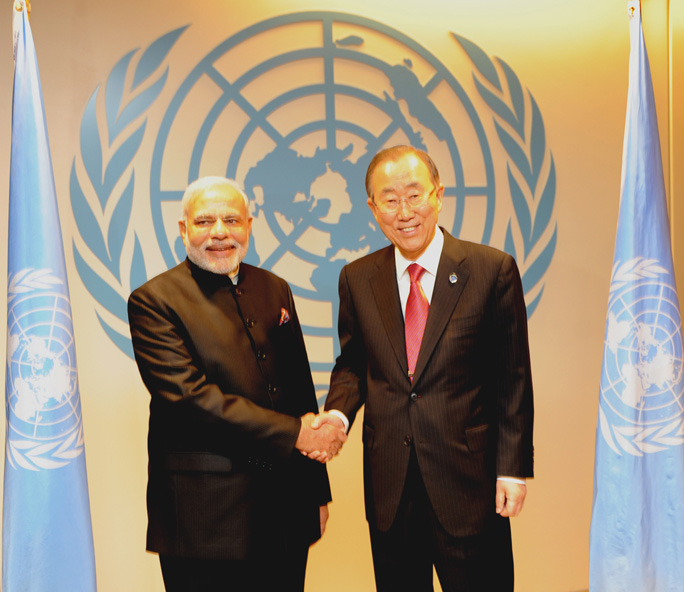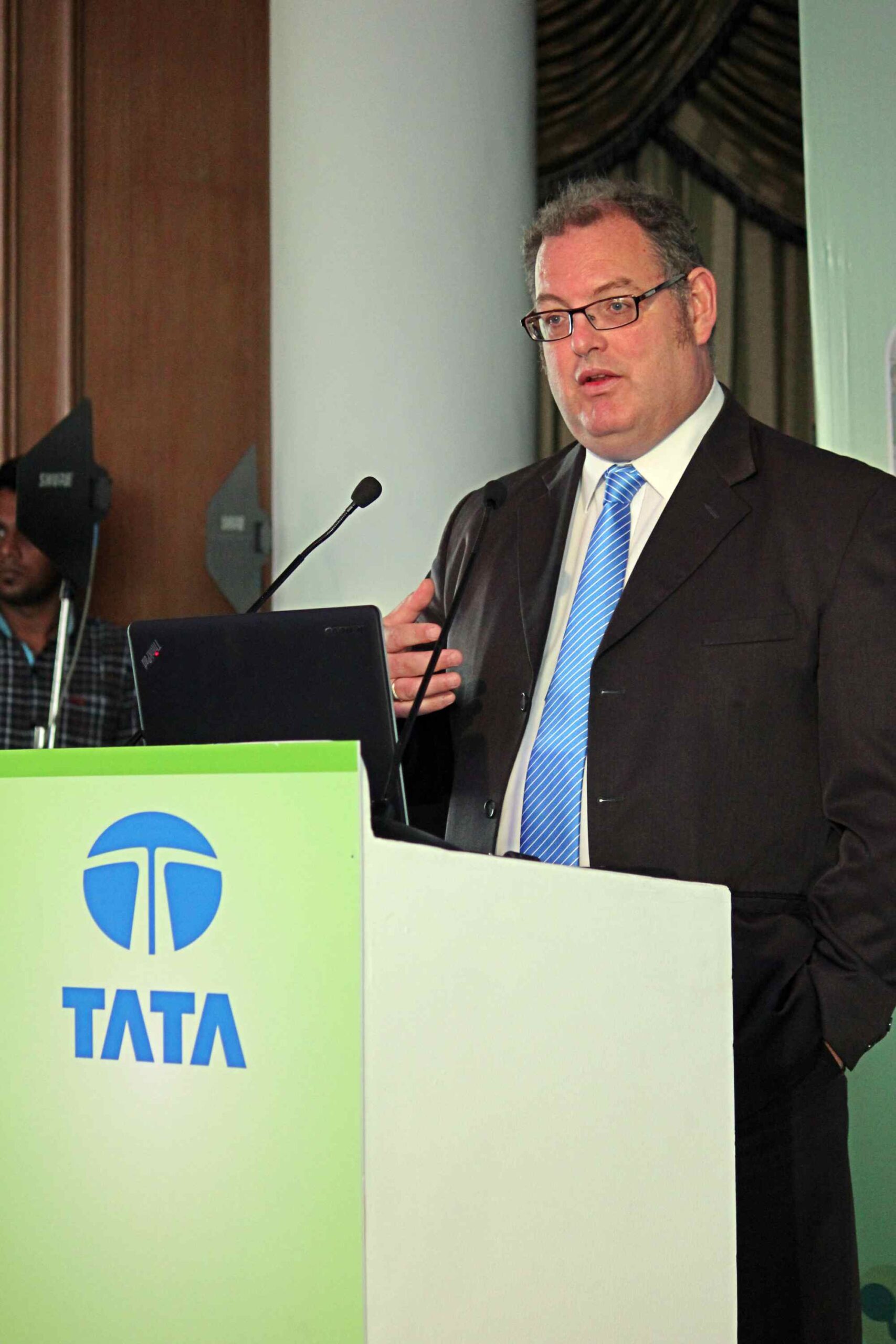‘मेक इन इंडिया’ ये प्रधानमंत्री नरेंद्र मोदी की सबसे महत्वाकांक्षी योजना है, जिसका बखान वो भारत से लेकर अमेरिका के मैडिसन स्क्वाअर तक कर चुके हैं। ‘मेक इन इंडिया’ के इस सपने को प्रधानमंत्री अपने थ्रीडी के चश्मे से देखते हैं जिसे वो डिमांड, डेमोक्रेसी और डेमोग्रेफी के रुप में परिभाषित करते हैं। मगर ‘मेक इन इंडिया’ के सपने या लक्ष्य को हासिल करने के लिए सिर्फ जनसंख्या से पैदा हुई मांग, लोकतांत्रिक शासन या बड़ी संख्या में कामगारों की मौजूदगी ही ज़रुरी नहीं है। भारत में औद्योगिक उत्पादन को बढ़ावा देने के लिए इन मज़दूरों में कुशलता और कौशल का होना सबसे ज़्यादा ज़रुरी है।
हालात ख़तरनाक हैं !
अब दूसरी परिस्थिति को देखिए – कौशल निखार के लिए नैशनल स्किल डेवलपमेंट कॉर्पोरेशन (NSDC) ने करीब 2500 करोड़ रूपये का कोष बनाया है। पब्लिक-प्राइवेट पार्टनरशिप के आधार पर कौशल निखार के लिए NSDC नीजी संस्थानों को धन एवं मार्गदर्शन देने का काम करती है। मगर IMaCS and Aon Hewitt जैसी अंतर्राष्ट्रीय कंसल्टिंग फर्म के आंकड़ों के मुताबिक साल 2022 तक भारत में करीब 35 करोड़ कार्य-कुशल यानि Skilled कामगारों की ज़रुरत होगी। जबकि कामगारों की कुशलता को निखारने का उसका अपना काम भी लक्ष्य से काफ़ी पीछे चल रहा है। नवंबर 2012-13 के मध्य तक NSDC महज़ 14 लाख कामगारों को ही ट्रेनिंग दे पाई थी जो कि उसके अपने लक्ष्य 85 लाख कार्य-कुशल कामगारों से मीलों पीछे है।
इंडस्ट्री की चिंता
‘मेक इन इंडिया’ के लिए ये गंभीर चिंता का विषय बना हुआ है। देश में करीब 80 फ़ीसदी कंपनियां भी कुशलता की कमी (Skills Gap) को मान रही हैं। ऐसे में उत्पादन और सेवाओं के लिए कामगारों की कमी ‘मेक इन इंडिया’ के सपने को धराशाई कर सकती है। जब देसी कंपनियों को ही कुशल कारीगर नहीं मिल रहे तो अर्थव्यवस्था में तेज़ी और विदेशी निवेश के आने पर कुशल कारीगरों की ज़रुरत से कैसे निपटा जाएगा। अगर यह स्थिती नहीं सुधारी गई तो ‘मेक इन इंडिया’ – ‘मेड इन चाइना’ के आगे अपने घुटने टेक देगा।
- भारत में सालाना 55 लाख लोग व्यावसायिक शिक्षा में दाखिला लेते हैं
- भारत का 93 फ़ीसदी कामगरों को नहीं मिल पाती किसी तरह की ट्रेनिंग
- 2022 तक भारत में 35 करोड़ कुशल कामगारों की आवाश्यकता पड़ेगी
– Source : IMaCS and Aon Hewitt
से पूरा होगा ‘मेक इन इंडिया’ !
प्रधानमंत्री की दूरदृष्टि में कोई कमी नहीं है। कोई शक नहीं है कि बेहतर और कुशल कामगार ना सिर्फ देश में बेरोज़गारी की समस्या को ख़त्म कर सकते हैं बल्कि देश और कारोबार की तरक्की में भी अहम भूमिका निभा सकते हैं। लेकिन फ़िलहाल उन्हें कॉर्पोरेट इंडिया के सहयोग की ज़रुरत है। wp यानि कार्पोरेट सामाजिक दायित्व की योजनाओं के ज़रिए ही कुशल कामगारों की फ़ौज खड़ी की सकती है। ऐसा भी नहीं है कि कॉर्पोरेट इंडिया हाथ पर हाथ धरे बैठा है – टाटा कंपनी और आईसीआईसीआई जैसी संस्थाओं ने Skill Development के मूल मंत्र को काफ़ी पहले ही समझ लिया और आज वो अपनी कंपनी और संस्थाओं में कुशल (Skilled Manpower) कारीगरों की ज़रुरत को अपनी ख़ुद की wp योजनाओं के ज़रिए ही पूरा कर रही हैं। वहीं सेंटर फॉर सिविल सोसायटी (CCS) विकल्प वाउचर्स प्रोग्राम के ज़रिए स्किल डेवलपमेंट के काम में कई अनोखे प्रयोग कर रहा है। प्राइवेट एम्प्लॉयमेंट एक्सचेंज के ज़रिए भी गुजरात जैसे राज्यों में कामगारों की कुशलता को निखारा जा रहा है।
लक्ष्य बड़ा है
बावजूद इसके साल 2022 तक अगर 35 करोड़ कार्य-कुशल कामगारों की ज़रुरत भारत को पड़नेवाली है तो ये योजनाएं ऊंट के मुंह में जीरा समान हैं। ज़ाहिर है लक्ष्य बड़ा है तो संकल्प भी बड़ा लेना होगा, ख़ासतौर से कॉर्पोरेट इंडिया को, जिसे एक मिशन के तहत अपने wp के फंड्स को Skill Development की योजनाओं में लगाना होगा। इसमें भी उत्तर प्रदेश और बिहार जैसे बड़ी आबादी वाले प्रदेशों पर विशेष ध्यान देना होगा क्योंकि वहां से आनेवाले कामगारों की तादाद बड़ी है जबकि वहां स्किल डेवलपमेंट की सरकारी योजनाओं में भ्रष्टाचार उससे भी ज्यादा। साफ़ है कि ‘मेक इन इंडिया’ के सपने को पूरा करने के लिए पहले कुशल कामगारों की एक फ़ौज को ‘मेड इन इंडिया’ करना होगा।





















